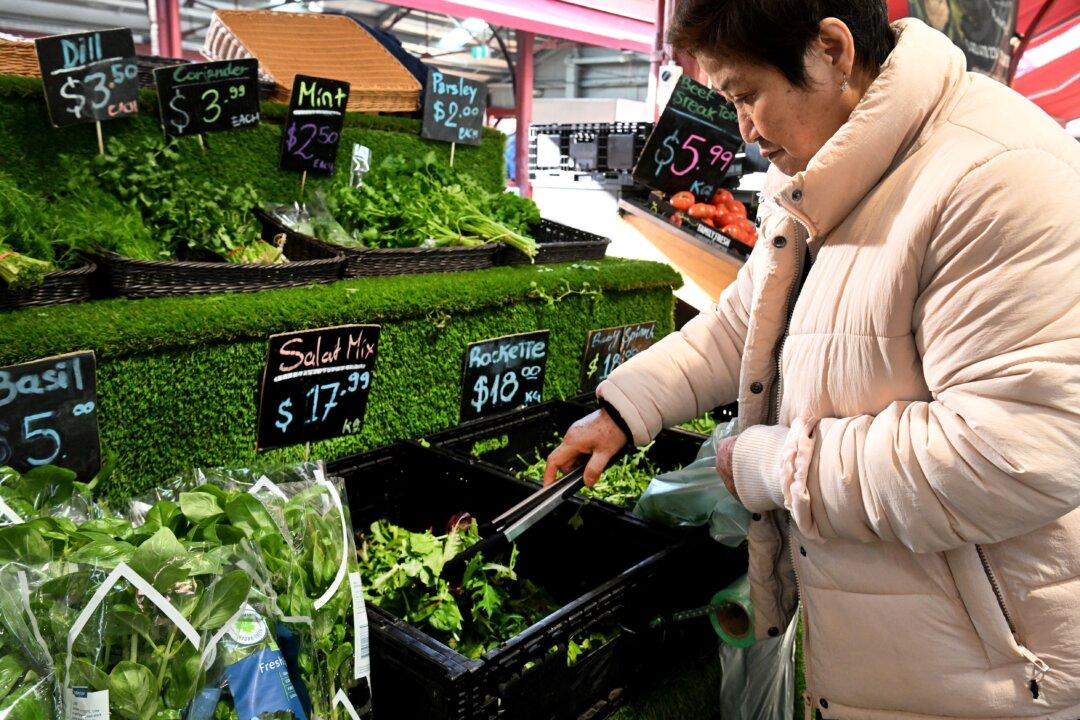Food wholesaler Metcash has called on the government to strengthen competition laws to protect independent supermarkets from the alleged predatory business practices of major players.
During a Senate hearing on April 11, Grant Ramage, CEO of Metcash’s food division, said the growth of two major supermarket chains, Coles and Woolworths, had been left unchecked for a long time.





